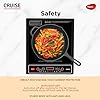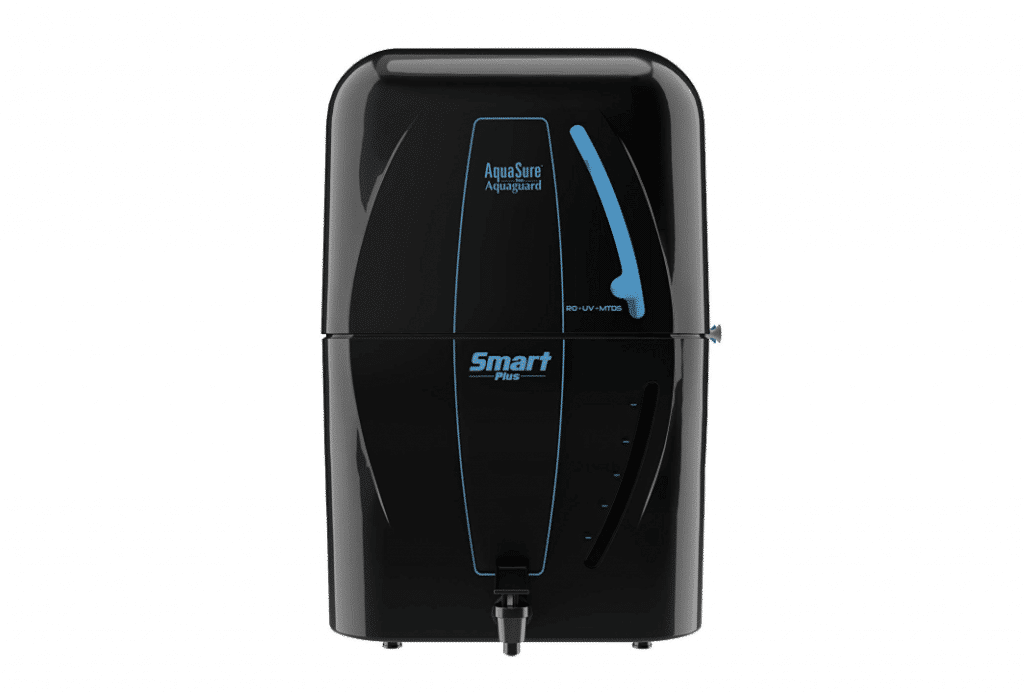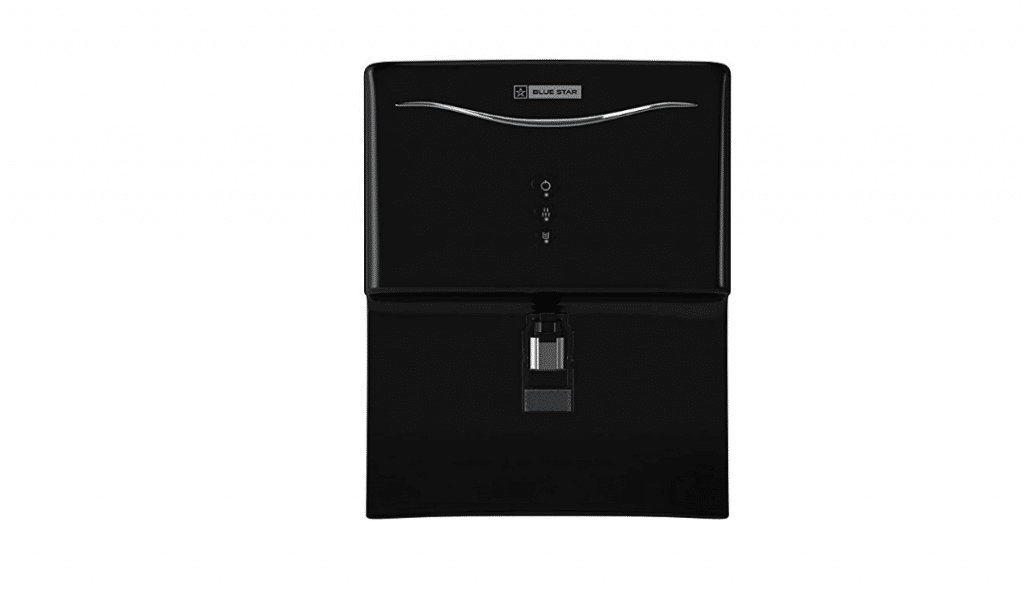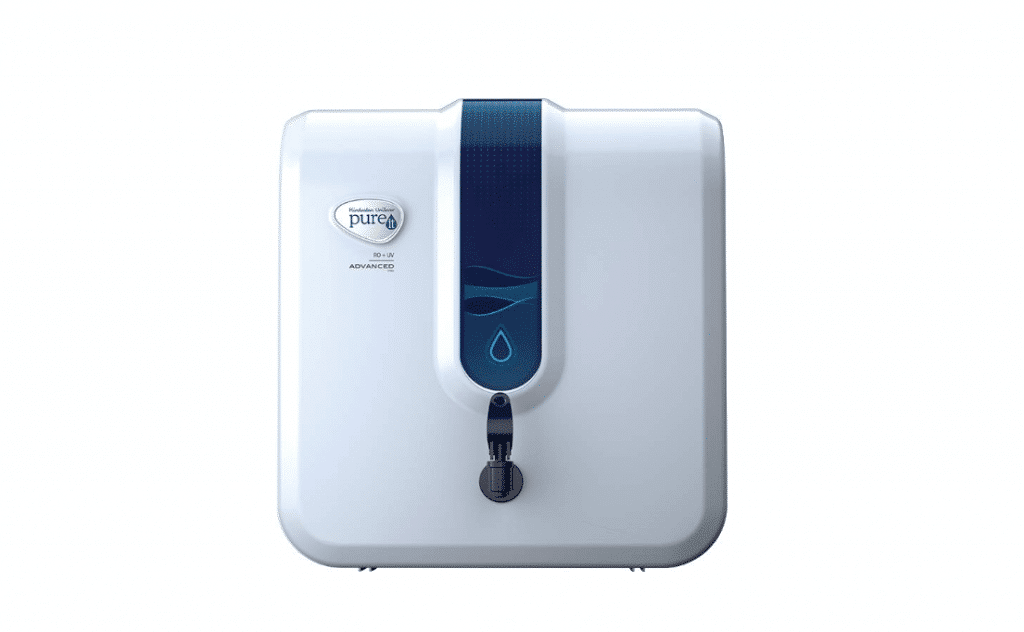To go into an analysis of whether ZeroWater is better or Brita, we must first understand what these two are. In the simplest of terms, they are both firms that manufacture water filters. However, the making of these water filters is much different from the usual water filters we know.
We will take this analysis step-by-step by going into the details of each filter brand one at a time. Both water filter brands have their pros and cons, where one may be more expensive than the other, and the other may show more variety than the other.
To help you better understand, here is an analysis of brands Zero Water Vs Brita water filter in an articulate manner.
Table of Contents
The Need For Water Filters
While turning on the faucet and drinking water from it is only the most normal thing to do, we often do it without thinking about the number of toxins we may be ingesting by doing this. It is important to remember that no matter how pure you may think it is, the tap water you drink will always have some form of contamination. There are only a few rare places in the world where tap water is contamination-free.
1. Maintain Total Dissolved Solids (TDS)
This is where the concept of TDS, i.e., total dissolved solids, comes in. TDS or total dissolved solids refer to the total amount of any substances present in water, including calcium, magnesium, sulfates, chlorides, etc. The ideal amount of TDS substances in water is 50 to 150 Parts of contamination Per Million parts of water (commonly called ppm). Any number going beyond affects the water quality from bad to worse, respective to the amount of total dissolved solids present in it.
Seznik Portable Mini Sealing Machine, Handheld Packet Sealer for Food, Snacks, Chips, Fresh Storage, Plastic Bags Sealing Machine, 1 YEAR Warranty (White)
Prestige PIC 20 1600 Watts Induction Cooktop |Indian Menu Option |High Voltage Surge Protection| Automatic Power & Temperature Adjustment|1 year Warranty |Black
Pigeon by Stovekraft Cruise 1800 watt Induction Cooktop With Crystal Glass,7 Segments LED Display, Auto Switch Off - Black
Sujata Dynamix 900 Watts Mixer Grinder | 22000 Rotations Per Min | 90 Minutes Continuous Running | 3 Versatile Jars 1500 ml, 1000 ml and 400 ml
2. Eradicate Toxins
In order to avoid using or drinking tap water, you must use water filters. Water filters aim to eradicate any toxins in the tap water that may pose harm to the drinker. These toxins in the drinking water include total dissolved solids, which, as mentioned before, are harmful in excessive amounts. The presence of these TDS’s is what we call the hardness of the water.
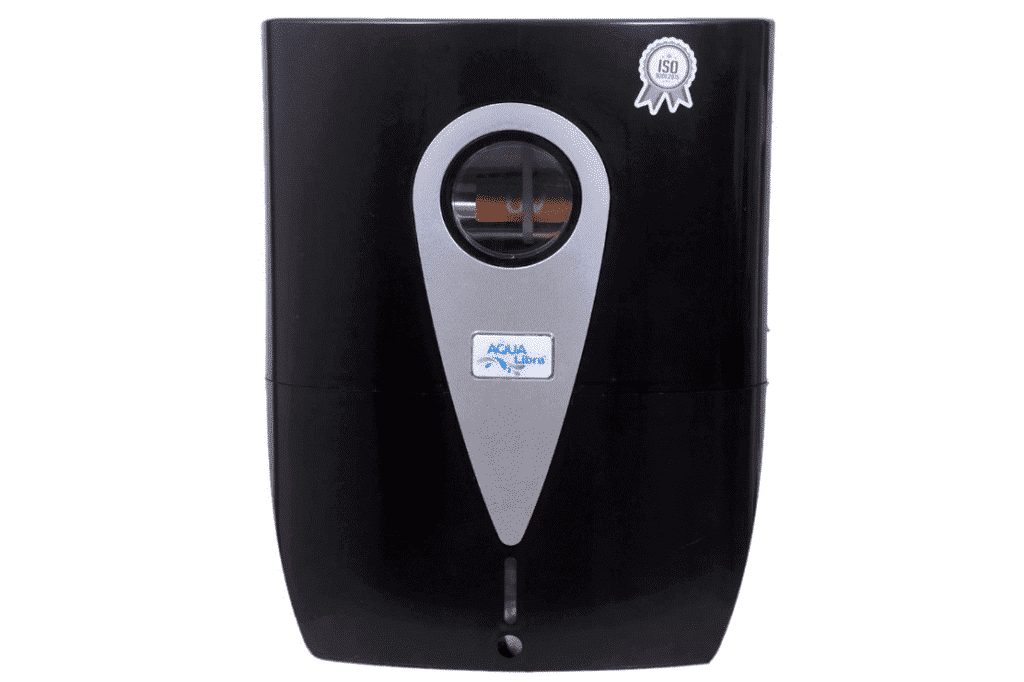
3. Remove Hardness Of Water
Hardness in the water we consume can have several disturbing effects on our bodies. Problems that come with it are roughness of the hair, dryness of the skin accompanied by worsening skin conditions such as eczema, acne, and dermatitis. Water filters help remove this damaging hardness of drinking water, and improve your skin texture, hair, and overall health.
4. Removes Unwanted Odors and Taste
Water filters also help to remove unwanted odors, tastes, and bacteria in drinking water. This is why water filters are essential in areas where the water quality is relatively poor. The problem is that regular carbon technology water filters cannot always filter out or remove every TDS present in the water. However, there is a solution to the TDS or total dissolved solids situation of water. A higher-tech water filter exists to help solve this problem. Two brands of the same are ZeroWater and Brita filter, of which we will do a comprehensive and easy analysis.
How Is Zero Water Filter Different From Regular Water Filters?
There are many explanations as to how a Zero Water filter is different from a regular water filter. For one, a regular filter consists of only a carbon filter and offers a mere two stages of filtration, which results in close to 50% removal of TDS (total dissolved solids) in the water.
Zero Water filter, on the other hand, uses a five-stage Ion Exchange technology which facilitates the removal of 99.6% of TDS in it. It uses the concept of reverse osmosis to get the filtering job done. Hence, these high-tech filters are the way to go when looking for options to better your health using the water you drink. If you live in an area where the water quality is inferior, this is also the way to go.
Related Reading:
How Is Brita Filter Different From Regular Water Filter?
Brita is the second water purifying brand we will be looking at. They are also experts in the optimization of water and are close competitors with Zero Water. As mentioned before, regular water filters use carbon filters to remove toxins from the water, while Zero Water filters use ion Exchange technology to remove toxins.
On the other hand, Brita uses both of these technologies – carbon as well as ion exchange – to remove toxins and impurities to filter water.
Brita filtration is highly sustainable because the carbon filters are a product that comes from coconut shells. In this way, Brita is not only different from regular water filters, in the sense that the carbon is sustainability-friendly, but also from Zero Water filters as it uses two technologies instead of one.
Using The Water Filters
It is fairly simple to understand how these water filters or their filtration works. It is easy to put them into use. Just like any filter, they come with cartridges that act as the filtration part. These cartridges must be replaced at regular intervals of time to keep the water as fresh and tasty as ever. We will now learn how to use both of these water filters. We will also take a look at the innovations in the design of these water filters.
1. How To Use Zero Water Filter?
This company sells its water filters in the form of ZeroWater pitchers, dispensers, or bottles. These pitchers and dispensers are all plastic commodities that are durable and inbuilt with the Ion Exchange technology set inside them. So all you have to do is fill up your water-purifying device, i.e., the dispenser, bottle, or pitcher/jug, and let it sit for a while, allowing it to do its work. That’s how its design works.
The pitchers and dispensers vary according to how many cups of water each can hold. They come in small sizes, from 1.7-liter jugs to the most jumbo dispenser, which can hold 9.5 liters of water, equivalent to forty cups of water. This filtration is great for filling up and leaving at home or in the office; you can come back to drink water from these whenever need be.
The bottles are also quite convenient. Say you do not have so much time that you can purify your water as well as make it to somewhere on time. For something like this, the ZeroWater bottle design comes in quite handy.
2. How To Use Brita Filter?
Brita water filter, while following most of the same concepts as ZeroWater, has a few more options available in the market, in terms of its usage. It is not necessary that the water has first to be poured into a vessel.
Yes, Brita has filter jugs, dispensers, carafes as well as bottles, just like ZeroWater does. Brita has quite the same advantages and disadvantages as does ZeroWater when taking a look at the kinds of vessels that the two of them commonly use. However, Brita also has water filters that are placeable directly as a tap water faucet; it is called a water bar and has much more convenient to use than do the pitchers and dispensers. The water bar is a type of dispenser of its own without a tank in which to fill the water.
The Brita water bar is highly innovative and extremely convenient. It has two faucets, one for filtered or unfiltered water, and another for filtered warm or cold water. In this way, it provides you with all the options you require, while not even taking up such a large amount of space. The cartridge for the filter remains under the sink (i.e., under sink purifier) and purifies water as it comes before you get to drink it. Of course, this is a technology that is highly innovative and creative and earns Brita quite a few points.
Related Reading:
Zero Water vs Brita – Which is the Best Water Filter?
Here are the takeaways from the analysis between Zero Water filter review and Brita water filter review. This is the final comparison of Zero Water Filter Vs Brita Water Filter.
1. Durability Of Water Filter
How durable or non-durable a water filter is, depends on two factors.
The first is how much the water consumption of your household is. It refers to the consumption of water of all individuals drinking the water decontaminated by your purifier.
The second variant to look at when trying to figure out the design and durability of your water purifier is the condition of the water where you are using it. Of course, if there are a lot of toxins in the water there, the water filter will need to be used with more power than it would in a place where there are relatively fewer contaminants.
The former will, in turn, lead to the filter being much less durable than the latter.
a. ZeroWater Filter Durability
Zero Water purifiers have a scale that their customers can use to determine how long their water filter cartridges will last. Where the contamination level of the water is extreme (extremely high), which means that there is 400 ppm, the water filter will be able to purify no more than 30 liters of water.
Brita filters are generally less durable in comparison with ZeroWater durability.
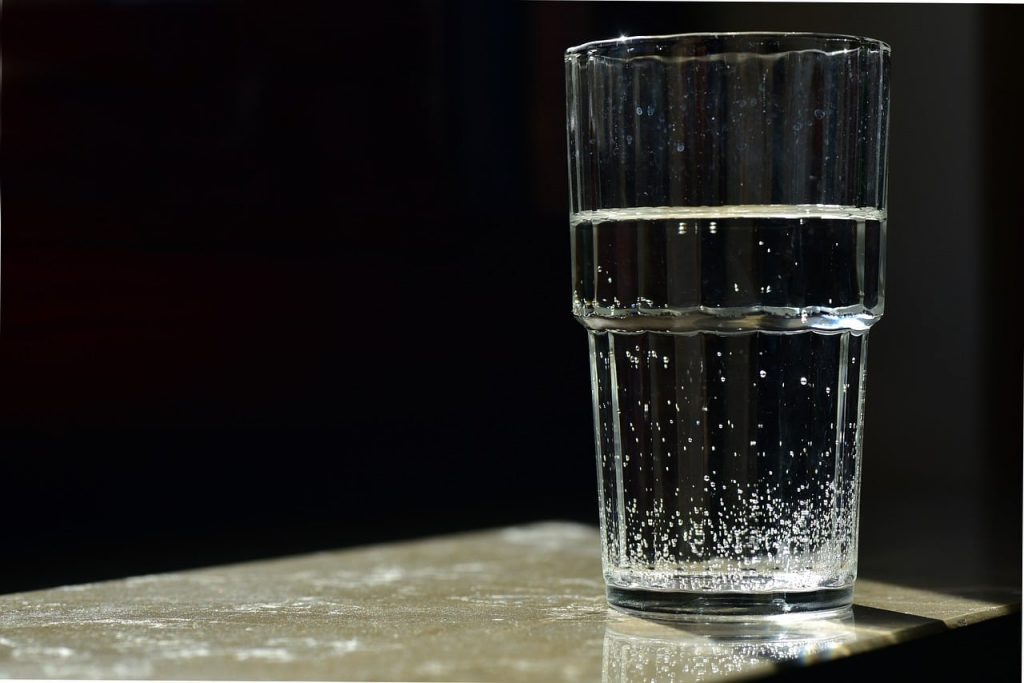
b. Brita Filter Durability
Brita water filter is generally less durable in comparison with ZeroWater filter durability and design. It is advisable to change Brita filter cartridges every two or three months. The really great part about these water filters is that these cartridges have a light that beeps in order to inform you when it is time to change the filter.
2. Pricing
Price can be a significant deciding factor for a lot of people. However, even if a person is highly conscious of the cost, if she or he feels that the product they are buying is totally value-for-money, this concern may hide. Here, we will take a look at the brita zero water filter review and their pitcher whose capacity is 10 cups of water in order to draw a proper comparison.
a. ZeroWater Filter Prices
Zero Water sells its 2.3-liter pitcher, which can bat out 10 cups of water, for $34.99. One may say that ZeroWater is value-for-money when looking at the technologies it takes into its use.
Hence, buying it is an excellent step to take for your household and family. Aside from the pitcher, it is a must to have extra water filter cartridges. ZeroWater charges more, zero water filter best price is between $12.99 to $19.99 for individual cartridges. Depending on whether you have the purchasing power for zero water filter best price or not, or are willing to spend this amount of money, ZeroWater is either for you or not for you.
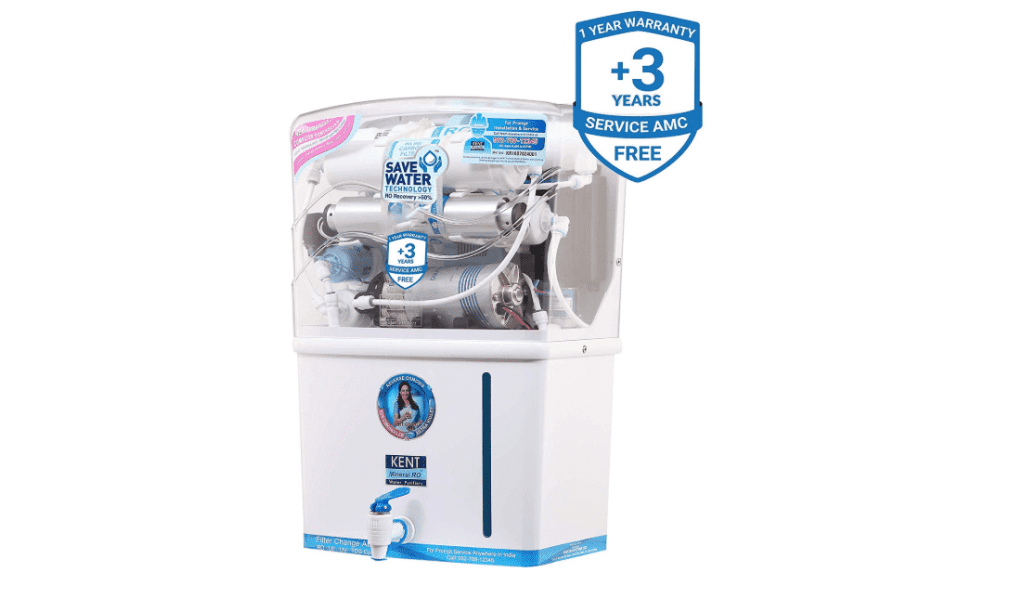
b. Brita Filter Prices
A similar jug which holds 2.3 liters of filtered water, or 10 cups of the same, manufactured by Brita filter, comes down to $31.00. Brita charges about $6-$7 on their individual cartridges. In comparison with the Zero Water purifiers, the Brita filter is obviously the cost-friendlier option.
3. Filter Life
However, the durability of a filter cartridge also differs according to how contaminated the water is as well. The more TDS present in the water you are filtering, the less durable your water filter will be, which is an important factor to keep in mind.
a. Zero Water Filter
ZeroWater filter lasts for approximately three to five months. The fantastic part, though, about Brita filters, even though they last a relatively less amount of time, is that once over, they can be recycled. In fact, the Brita filter encourages you to recycle them so that they can be used once again instead of being thrown away and contributing to more waste in the world.
b. Brita Water Filter
Brita filters for about two to three months, at the same market price.
4. Warranty Period
Warranty periods are appropriate according to the time period of durability that either of them predisposes.
a. Zero water filter
ZeroWater filter offers a year-long warranty period for their product.
b. Brita water filter
Brita filter provides a 90-day warranty period.
5. Filtering Process & Technology Used
The filtering process and technology used are different in both zero water and Brita filters.
a. Zero water filter
Zero Water filter uses a five-stage ion exchange technology with reverse osmosis processes to provide the best results of water decontamination, which leads to up to 99.6% of toxin removal from the water.
b. Brita water filter
Brita, on the other hand, uses a mix of carbon filters made with coconut shells, as well as ion exchange technology to yield the best results.
6. Filtering Time
Filtering time is the amount of time it takes to filter one batch of water.
a. Zero water filter
ZeroWater filter takes a few minutes for the filtering process to be complete.
b. Brita water filter
Brita water filter does not take as long as ZeroWater to filter. Instead, it is almost instant or done almost immediately.
7. Contamination
Using different technologies in both the water filter, the normal water is made contamination-free by filtration.
a. Zero water filter
It uses 5-stage filtering using ion-exchange technology. ZeroWater is 99.6% contamination-free. On the other hand, where the contamination level is about 2 to 200 ppm, the filters can refine between 95 to 150 liters of water, or even more.
b. Brita filter
The clearance rate of contaminants is a maximum of 80% in the Brita filter, which can be equatable with its price.
8. Extra Cartridges
Aside from this, we must also take a look at charges for extra/new cartridges for the water filters as a maintenance cost.
a. Zero water filter
Extra filter cartridges at ZeroWater can be quite expensive. When buying a single, it can come up to $19.99 each, while if you buy in packs of four, a single one is about $12.99. However, the final amount for it can turn out to be quite expensive.
b. Brita water filter
While buying the pitcher of Brita Filter, you can select the option of adding three extra cartridges for the total price of $17.25. This puts the value of the individual cartridges at less than $6 each. You may also avail of 6 Brita Maxtra cartridges at the total price of $30.25.
9. Accessories
While looking for the one, look at what addons they give with the product.
a. Zero water filter
Zero Water filter only comes as pitchers, big dispensers, and water bottles.
b. Brita water filter
Brita shows more variety where it can vary into a water bar kitchen faucet, where you can take filtered water directly from the tap itself.
Conclusion
The final outcome is that in both Zero Water Filter Vs Brita Water Filter bought from the market, there are pros and cons. One is more expensive and uses higher technology, while the other works faster, provides more variety of filters, and is more cost-friendly, respectively.
The final decision for purchase is always upon what you want, and with all the information provided for the same, it will be easier to select the one that is the best for you. With this, we come to an end with our Brita versus Zero Water reviews.


















